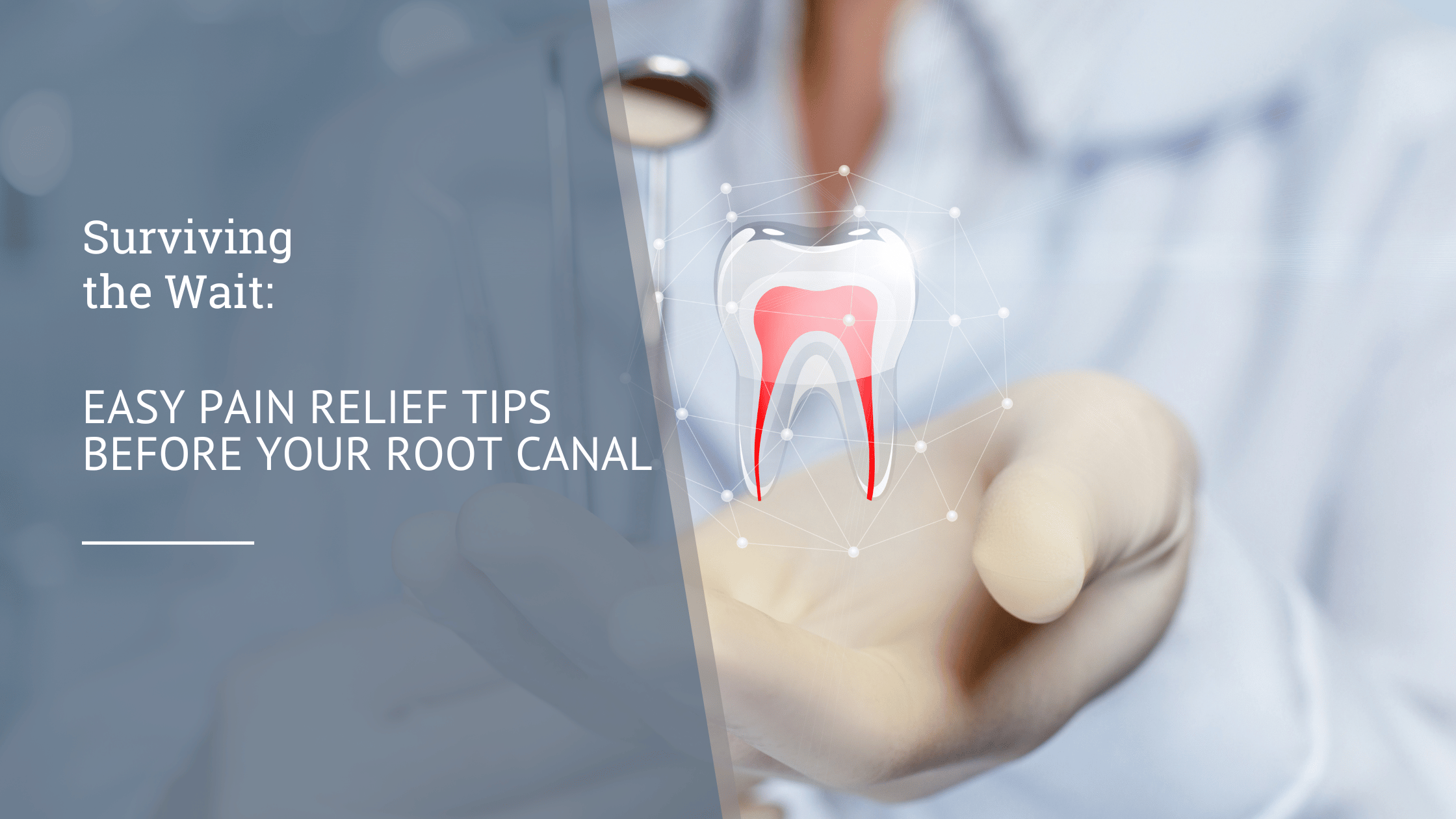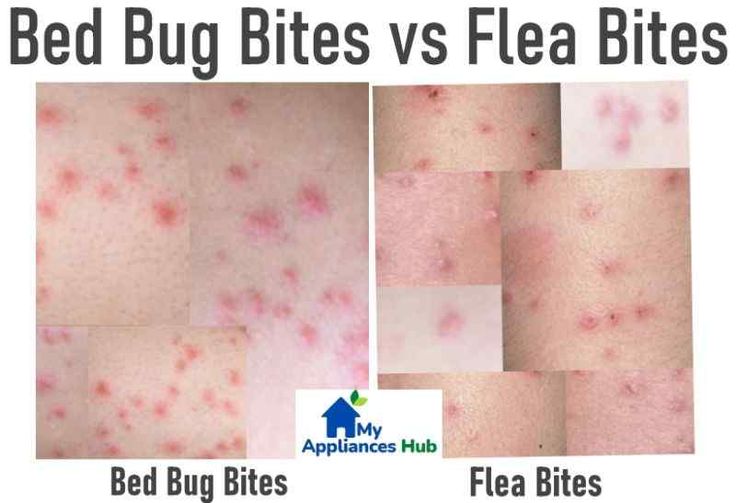Wisdom Teeth: Prevent Cavities Naturally
The presence of wisdom teeth, also known as third molars, has been a topic of interest and concern for many individuals. While some people may not experience any issues with their wisdom teeth, others may face problems such as overcrowding, impaction, or increased risk of cavities. The propensity for wisdom teeth to develop cavities is a significant concern, as these teeth are often more challenging to clean and maintain than other teeth. In this article, we will delve into the world of wisdom teeth and explore ways to prevent cavities naturally.
Understanding Wisdom Teeth and Cavities
Wisdom teeth typically emerge between the ages of 17 and 25, although this can vary from person to person. These teeth are located in the back of the mouth, and their emergence can sometimes cause overcrowding or discomfort. One of the primary concerns with wisdom teeth is their susceptibility to cavities. The location of wisdom teeth makes them more difficult to clean, which can lead to the accumulation of plaque, bacteria, and food particles. If left unchecked, this can result in the development of cavities.
Natural Prevention Methods
Preventing cavities in wisdom teeth requires a combination of good oral hygiene practices, a healthy diet, and regular dental check-ups. Here are some natural methods to help prevent cavities in wisdom teeth:
- Proper Brushing and Flossing: Brushing and flossing are essential for removing plaque, bacteria, and food particles from the teeth. Use a soft-bristled toothbrush and a fluoride toothpaste to clean your teeth, and don’t forget to brush your wisdom teeth gently. Flossing once a day can help remove food particles and plaque from between the teeth and below the gumline.
- Interdental Brushes: Interdental brushes are small, cone-shaped brushes that can be used to clean between the teeth, including wisdom teeth. These brushes can help remove plaque and food particles from areas that are difficult to reach with a regular toothbrush.
- Salt Water Rinse: Rinsing your mouth with warm salt water can help reduce bacteria and inflammation in the mouth. Mix 1 teaspoon of salt with 8 ounces of warm water and swish the solution around your mouth for 30 seconds before spitting it out.
- Oil Pulling: Oil pulling is an ancient practice that involves swishing oil around in your mouth to remove bacteria and plaque. Use a high-quality oil, such as coconut or sesame oil, and swish it around your mouth for 10-15 minutes before spitting it out.
- Dietary Changes: A healthy diet rich in fruits, vegetables, and whole grains can help prevent cavities. Avoid sugary and acidic foods and drinks, which can contribute to the development of cavities.
Additional Tips for Wisdom Teeth Care
In addition to natural prevention methods, there are several other tips to keep in mind when caring for your wisdom teeth:
- Regular Dental Check-Ups: Regular dental check-ups can help identify any potential issues with your wisdom teeth, including cavities, before they become major problems.
- X-Rays: X-rays can help your dentist identify any issues with your wisdom teeth, including impaction or overcrowding.
- Good Oral Hygiene Habits: Establishing good oral hygiene habits, such as brushing and flossing regularly, can help prevent cavities and other issues with your wisdom teeth.
It's essential to remember that prevention is key when it comes to cavities in wisdom teeth. By practicing good oral hygiene, eating a healthy diet, and visiting your dentist regularly, you can help prevent cavities and maintain good oral health.
The Role of Fluoride in Preventing Cavities
Fluoride is a naturally occurring mineral that can help prevent cavities by strengthening tooth enamel and making teeth more resistant to acid attacks. There are several ways to get fluoride, including:
- Fluoride Toothpaste: Using a fluoride toothpaste can help strengthen tooth enamel and prevent cavities.
- Fluoride Mouthwash: Rinsing with a fluoride mouthwash can help provide an extra layer of protection against cavities.
- Community Water Fluoridation: Community water fluoridation is the process of adding fluoride to public water supplies to help prevent cavities.
Myth vs. Reality: Debunking Common Misconceptions
There are several common misconceptions about wisdom teeth and cavities. Here are a few:
- Myth: Wisdom teeth are always problematic. Reality: While some people may experience issues with their wisdom teeth, many people do not.
- Myth: Cavities are inevitable. Reality: With good oral hygiene practices and regular dental check-ups, cavities can be prevented.
- Myth: Wisdom teeth are only a concern for young people. Reality: Wisdom teeth can be a concern for people of all ages, as they can continue to emerge and cause issues throughout adulthood.
Pros and Cons of Wisdom Teeth Removal
| Pros | Cons |
|---|---|
| Can help prevent overcrowding and impaction | Can be a costly and invasive procedure |
| Can help reduce the risk of cavities and other issues | Can result in dry socket or other complications |
Conclusion
Preventing cavities in wisdom teeth requires a combination of good oral hygiene practices, a healthy diet, and regular dental check-ups. By understanding the natural prevention methods and tips outlined in this article, you can help maintain good oral health and prevent cavities in your wisdom teeth. Remember to always consult with your dentist if you have any concerns about your wisdom teeth or oral health.
What is the best way to prevent cavities in wisdom teeth?
+The best way to prevent cavities in wisdom teeth is to practice good oral hygiene, including brushing and flossing regularly, and visiting your dentist for regular check-ups.
How often should I visit my dentist to check on my wisdom teeth?
+You should visit your dentist regularly, ideally every 6 months, to check on your wisdom teeth and overall oral health.
Can I prevent cavities in my wisdom teeth with a healthy diet?
+A healthy diet rich in fruits, vegetables, and whole grains can help prevent cavities in your wisdom teeth. Avoid sugary and acidic foods and drinks, which can contribute to the development of cavities.

